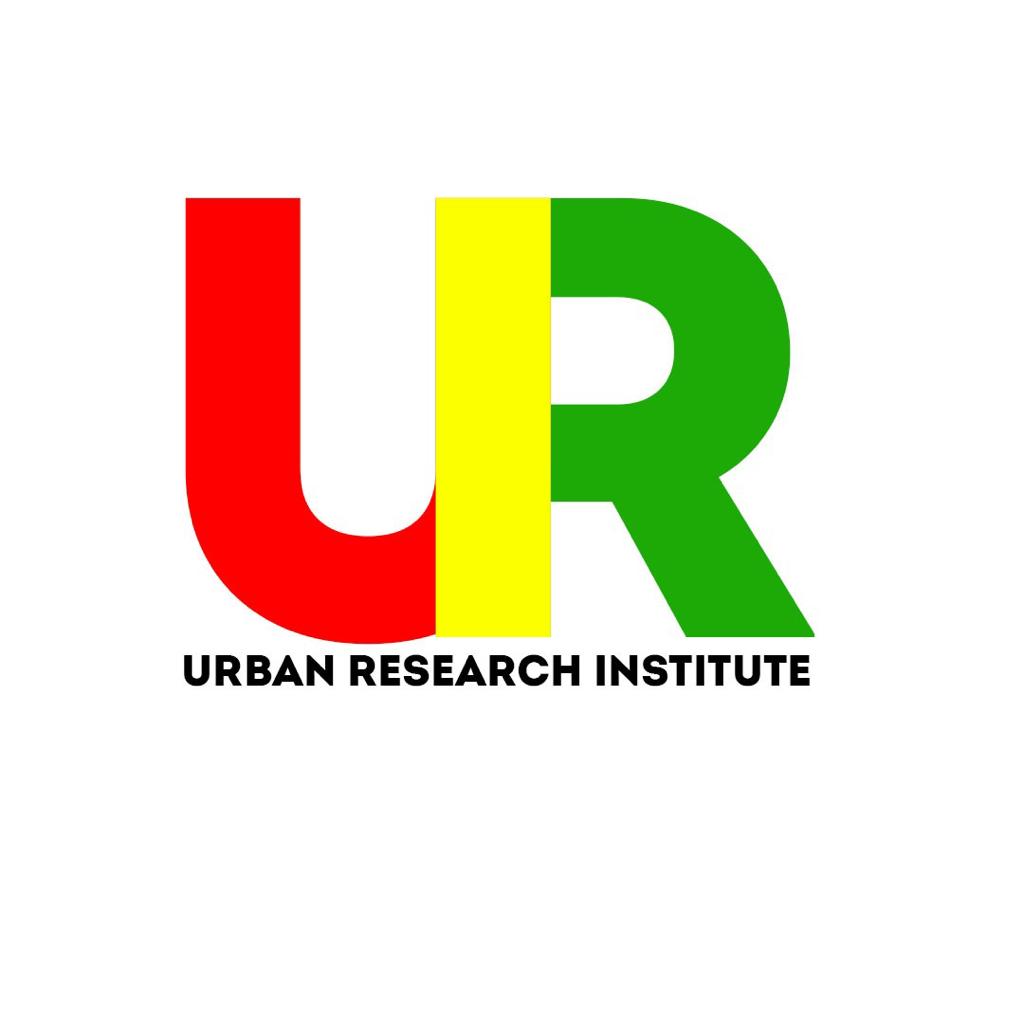The development of every nation depends on its ability to generate and effectively use its revenue. There are many sources of revenue available to every economy, and one of these sources is taxation. The advancement of a country rest primarily on taxation, for in the absence of adequate revenue, progress effort will be hindered (Atuguba, 2006). Gberegbe (2007) connotes that taxation is the most efficient and effective way to raise government revenue. According to the 2018 budget of Ghana, tax revenue forms about 46.2% of the Gross Domestic Product of Ghana (Ministry of Finance, 2018).
Most fundamentally, revenue from taxation sustains the state’s existence, providing the funding for everything from social programmes to infrastructural investment. Taxation also plays an essential role in shaping the distribution of benefits, as it is the basis for redistribution from those with the highest income to those most in need. It allows the government to encourage certain activities and discourage others by altering their relative prices (Prichard, 2009). Black’s Law Dictionary (1979) defined tax as a “pecuniary burden laid upon individuals or property to support the government, a payment exacted by legislative authority”.
Many forms of taxes are available to a country, some of which are income, capital gains, property, gift, corporate, and value-added taxes. Although all these taxes form part of the government revenue, property taxes are the primary source of local government revenue for the Metropolitan, Municipal and District Assemblies (MMDAs). Property tax, according to International Standards of Tax Classifications (2015) encompasses recurrent taxes on immovable property, measured gross of debt and levied on proprietors or tenants; recurrent taxes on net (of debt) wealth; taxes on estimates, inheritances and gifts; financial and capital transaction taxes on the issue or transfer of securities and checks, or sales of immovable property; and other recurrent or non-recurrent taxes on the property.
According to the International Property Tax Institute (2017), property tax is levied annually by local authorities on the estimated value of the property, depending on the classification of the area where the property is located. Previous rates ranged from 0.5% to 3% of the property’s value. These were by far the highest rates paid on properties in the capital, Accra, compared with other regions of Ghana. Property tax in Ghana is also known as property rate. It is administered by the Metropolitan, Municipal or District Assembly. A property rate is the amount of money in cedis the Metropolitan or Municipal Assembly charges on your property each year. It is the product of the value of your property and a rate impost. On the face of a bill, there are general information and information specific to a given property. General information comprises the name and logo of the Metropolitan or Municipal Assembly issuing the bill, the period for which the bill is issued and the date of issue.
Bondinuba, F.K., Opoku, A., Owusu-Manu, D. and Donkor-Hyiaman, K.A., 2018. Stimulating growth and improving the delivery of housing microfinance interventions: An analysis of critical demand factors. Journal of Facilities Management, 16(3), pp.238-252.
Teye, A.L., de Haan, J., Elsinga, M.G., Bondinuba, F.K. and Gbadegesin, J.T., 2017. Risks in homeownership: a perspective on The Netherlands. International Journal of Housing Markets and Analysis, 10(4), pp.472-488.
Hedidor, D. and Bondinuba, F., 2017. Exploring concrete materials batching behaviour of artisans in Ghana’s informal construction sector. Journal of Civil Engineering and Construction Technology, 8(5), pp.35-52.
Bondinuba, F., Karley, D.N., Biitir, S. and Adjei-Twum, A., 2016. Assessing the role of housing microfinance in the low-income housing market in Ghana. Bondinuba FK, Karley NK, Biitir SB, Adjei-Twum A, pp.44-54.
Bondinuba, F., Edwards, D., Nimako, S., De-Graft, O.M. and Conway, C., 2016. Antecedents of supplier relation quality in the Ghanaian construction supply chain. International journal of construction supply chain management, 6(1).
Bondinuba, F.K., 2016. The role of microfinance as an innovative strategy for low-income housing delivery in developing countries (Doctoral dissertation, Heriot-Watt University).


2 Comments
The AI Content Generator Everyone Should Be Using :). Click Here: https://stanford.io/3FXszd0
100% free dating top dating websites meet women at zushi beach higher strangher